What Every Buyer Should Know About Home Price Negotiation

Negotiating the best deal on a home requires preparation and strategy. Start by researching market conditions to understand if it's a buyer’s or seller’s market. If homes are selling quickly, you may need to act fast and make a strong offer. In a slower market, you have more room to negotiate on price and terms. Work with an experienced real estate agent who knows the local market and can guide you through the process. Always get a home inspection to identify any potential issues that could lower the price. Be prepared to negotiate on closing costs, repairs, and other seller concessions. Consider offering a quick closing if the seller is in a hurry to sell. Stay firm on your budget and avoid getting emotionally attached. A well-planned negotiation can save you thousands of dollars.
Understanding a seller’s motivation can give you an advantage. If a seller needs to move quickly due to a job change or financial reasons, they may accept a lower offer. A home that has been on the market for a long time may indicate flexibility on price. If multiple buyers are interested, making a strong but reasonable offer can improve your chances. Adding a personal letter to the seller may make your offer stand out. Offering a larger earnest money deposit shows you are serious about buying. Requesting seller-paid closing costs can reduce your out-of-pocket expenses. If major repairs are needed, ask for a price reduction or credits at closing. Avoid making extreme lowball offers, as they can turn off the seller. Finding a balance between persistence and fairness increases your chances of success.
Timing can affect your negotiation strategy. Buying a home during the off-season may give you more bargaining power. Sellers are often more willing to negotiate in winter when fewer buyers are in the market. End-of-month and end-of-quarter timing can also work in your favor if sellers want to close deals quickly. If a home has been listed for several months, the seller may be more open to lower offers. New listings may have less room for negotiation, as sellers typically want to test the market first. If the seller rejects your offer, consider making small adjustments instead of walking away. Being flexible with move-in dates or contingencies can also make your offer more attractive. Patience is key, as rushing the process can lead to overpaying. Evaluating all factors helps you secure the best deal possible.
Having a backup plan strengthens your position. Looking at multiple homes prevents you from feeling pressured to accept unfavorable terms. If negotiations stall, being willing to walk away can give you leverage. Pre-approval for a mortgage makes your offer more competitive. Understanding the home's true market value ensures you don't overpay. Be cautious of bidding wars, as emotional decisions can push prices too high. Staying calm and logical during negotiations prevents costly mistakes. If the seller counters your offer, consider if the changes align with your budget. Working with a skilled agent simplifies the process and improves your chances of a favorable deal. A well-thought-out negotiation leads to a better financial outcome and a smoother buying experience.
Understanding a seller’s motivation can give you an advantage. If a seller needs to move quickly due to a job change or financial reasons, they may accept a lower offer. A home that has been on the market for a long time may indicate flexibility on price. If multiple buyers are interested, making a strong but reasonable offer can improve your chances. Adding a personal letter to the seller may make your offer stand out. Offering a larger earnest money deposit shows you are serious about buying. Requesting seller-paid closing costs can reduce your out-of-pocket expenses. If major repairs are needed, ask for a price reduction or credits at closing. Avoid making extreme lowball offers, as they can turn off the seller. Finding a balance between persistence and fairness increases your chances of success.
Timing can affect your negotiation strategy. Buying a home during the off-season may give you more bargaining power. Sellers are often more willing to negotiate in winter when fewer buyers are in the market. End-of-month and end-of-quarter timing can also work in your favor if sellers want to close deals quickly. If a home has been listed for several months, the seller may be more open to lower offers. New listings may have less room for negotiation, as sellers typically want to test the market first. If the seller rejects your offer, consider making small adjustments instead of walking away. Being flexible with move-in dates or contingencies can also make your offer more attractive. Patience is key, as rushing the process can lead to overpaying. Evaluating all factors helps you secure the best deal possible.
Having a backup plan strengthens your position. Looking at multiple homes prevents you from feeling pressured to accept unfavorable terms. If negotiations stall, being willing to walk away can give you leverage. Pre-approval for a mortgage makes your offer more competitive. Understanding the home's true market value ensures you don't overpay. Be cautious of bidding wars, as emotional decisions can push prices too high. Staying calm and logical during negotiations prevents costly mistakes. If the seller counters your offer, consider if the changes align with your budget. Working with a skilled agent simplifies the process and improves your chances of a favorable deal. A well-thought-out negotiation leads to a better financial outcome and a smoother buying experience.
Categories
Recent Posts
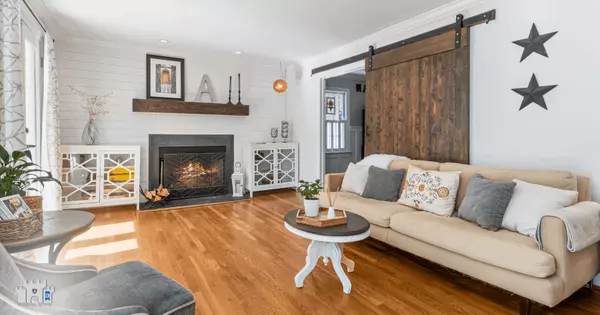
Building a Routine That Keeps Your Home in Shape
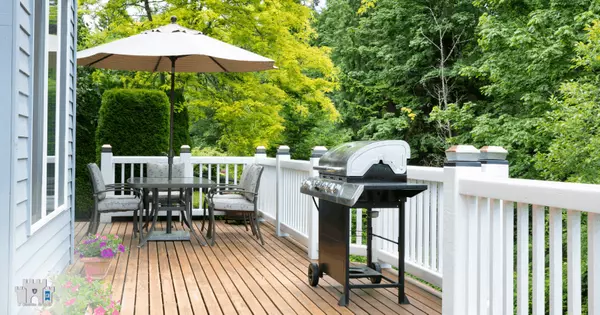
Simple Deck Care Tips for Homeowners

How Video Walkthroughs Improve Real Estate Marketing

Last-Minute Buyer Requests: A Seller’s Guide

Why Natural Light Matters When Choosing a Home

Why Wellness Spaces Appeal to Buyers
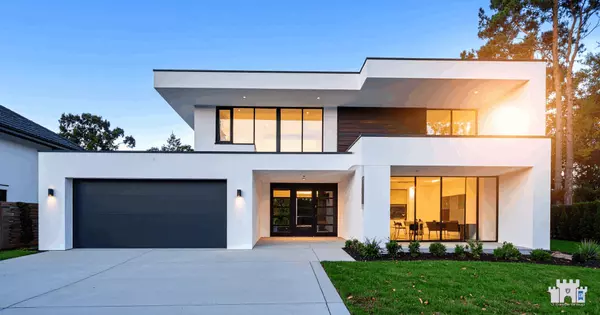
Is Less Grass Better for Homeowners?
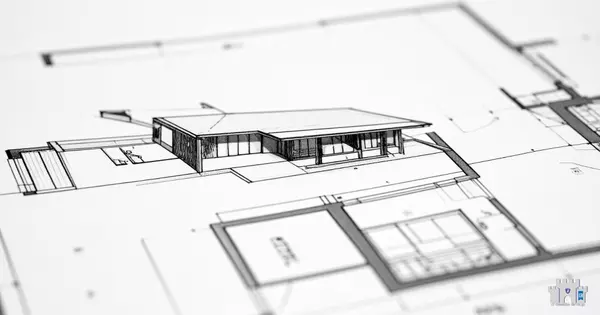
Making Flexible Floor Plans Work in Marketing
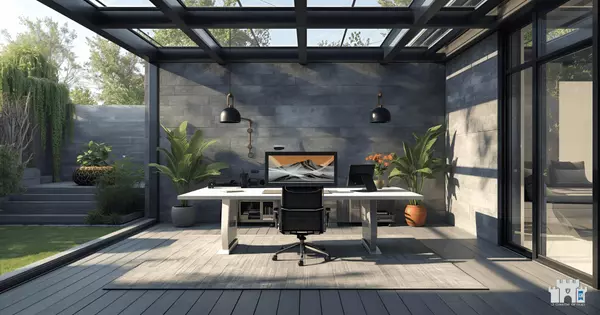
How to Market a Home With Outdoor Workspaces

Planning a Simple and Affordable Housewarming Party
GET MORE INFORMATION

Kenneth Jamaca
Managing Broker | REALTOR | License ID: 02080040
+1(925) 413-1849 | kenneth@jcastlegroup.com
